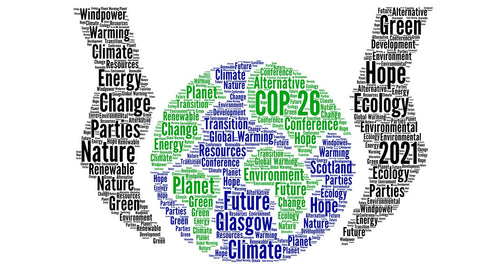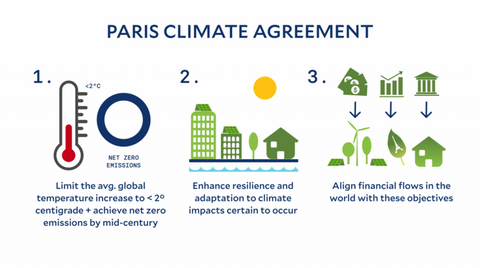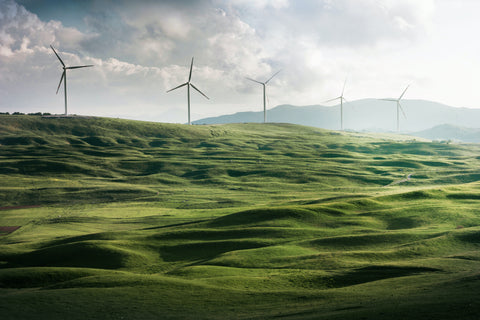COP26 - The Essentials

October the 31st is a big date in the environmental calendar.
It's the opening day of COP26 - or the 26th UN Climate Change Conference of the Parties, to give it it's full name - hosted by the UK in Glasgow. COPs are annual UN summits where all nations come together to try to solve climate change. The most famous recent one was COP21 in Paris in 2015, where the 'Paris Agreement' was devised to limit temperature rise to 1.5-2 degrees Celsius above pre-industrial levels.

What are the goals of this COP?
The main aim of COP26 is to secure global net zero by 2050, and for countries to provide ambitious 2030 targets on the pathway to net zero.
Net zero means reducing overall carbon dioxide emissions (and other greenhouse gases) produced by humans to zero. This is achieved by eliminating as many sources of emissions as possible, and counteracting (“offsetting”) any emissions we can’t eliminate with an equal amount of carbon removed from the atmosphere – using techniques such as carbon-capture and storage, and planting trees.
COP26 will be used to attempt to get agreement from every UN member state to be net zero by 2050, and to devise pathways to get there.
In addition to global net zero, countries will also work together at COP 26 to adapt and protect communities and natural habitats to the effects of climate change. Developed nations will be encouraged to make good on their promise to mobilise $100bn in climate finance per year.
How can these goals be achieved?
A few of the key policies countries need to implement in order to decarbonise include accelerating the phase-out of coal, stopping deforestation, turbo-charging the switch to electric vehicles and encouraging investment in renewables.

What progress has already been made in the UK?
We have seen some progress within the UK.
Coal: We plan to complete phase out of coal by 2024, and we are already nearly there. Last year, coal accounted for just 1.6% of our electricity supply, down from over 40% in 2012. Within the same time, renewables have increased from below 10% to above 40% of our electricity production!
UK forests: In the early 1900’s, UK forest cover was at an all time low of ~5%. Thankfully this has increased steadily since then to ~11% today. The government are looking to take things a step further, and aim to plant 30,000 hectares of woodland per year by the end of this parliament, at a cost of £500 million.
Electric Vehicles: Electric vehicles are really starting to kick off in the UK, with now ~10% of cars on the roads either hybrid or plug-in electric. Expect these numbers to zoom up in the coming years, with a ban on new diesel and petrol cars coming into effect in 2030.
